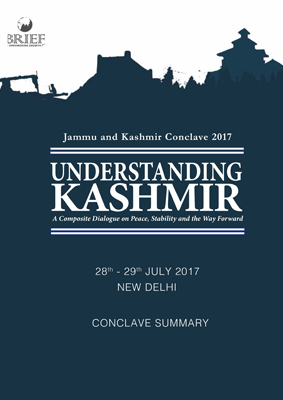Conclave Summary of Understanding Kashmir

Click here to read
The Political Economy of Rice Trade Between Bangladesh, India and Nepal

Click here to read
Trading Confidence

Click here to read
Container Freight Station

Click here to read
Direct Delivery at Indian Ports

Click here to read
Private Participation at Indian Ports

Click Here to Read
Trade Facilitation Meetings at Major Ports

Click Here to Read
A Golden Policy For India

Click Here to Read
Fast tracking digitization at Integrated Check Posts in India
“World trade is expected to fall by between 13% and 32% in 2020 as the Covid-19 pandemic disrupts normal economic activity and life around the world”, states the press release issued by the World Trade Organization. It cannot be denied that the impact of Covid-19 will be severe and long lasting – forcing countries to […]
Priya Arora – Senior Research Associate
Priyanka Arora – Senior Research Associate Priya Arora is a Senior Research Associate at BRIEF. Prior to joining BRIEF, she worked with Econ One Research on merger assessments and cases involving alleged cartels in various industries. At BRIEF, she is involved in economic and policy research projects in international trade and regional cooperation in South […]
